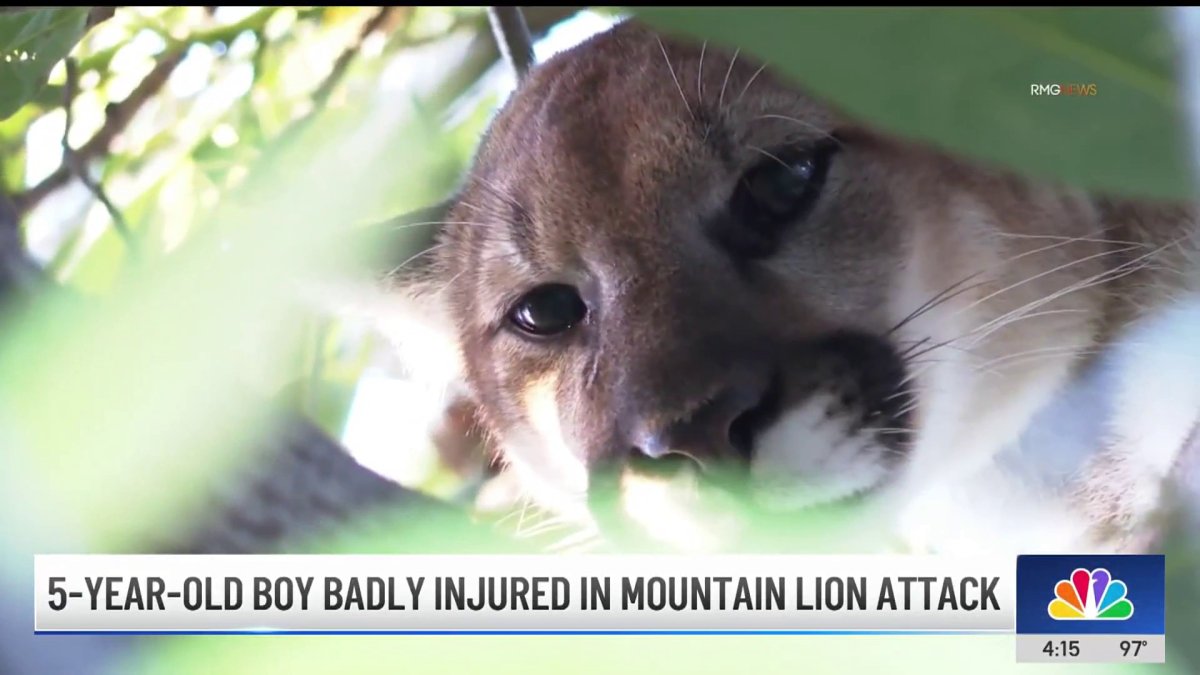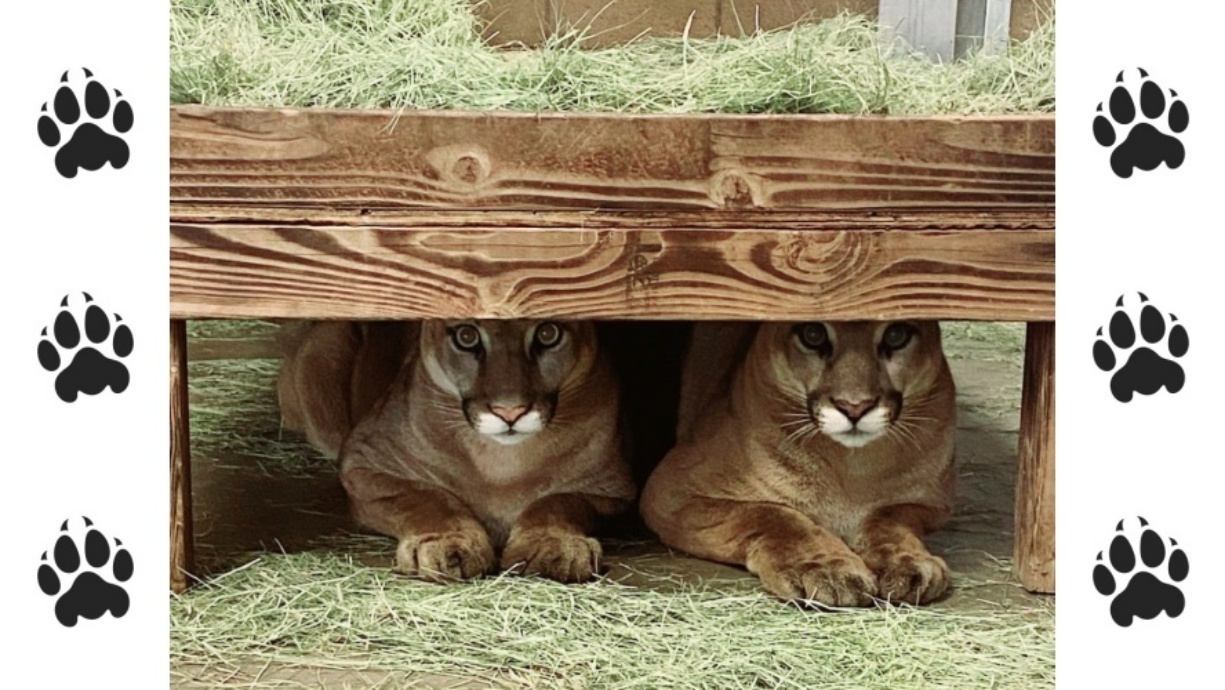
The lion grabbed the boy by the head, according to a state official. Gordon Tokumatsu reports for the NBC4 News at 4 p.m. on Tuesday, Sep. 3, 2024.
A 5-year-old boy was attacked by a mountain lion at Malibu Creek State Park in Calabasas on Sunday during a family picnic, according to the Los Angeles County Sheriff’s Department.
The attack happened shortly after 4 p.m. as the boy and his family from Woodland Hills were gathered at a picnic area in the park in the Santa Monica Mountains, the sheriff’s department said. The boy was playing nearby the picnic table with children when the approximately 50-pound mountain lion attacked, according to the California Department of Fish and Wildlife.
Capt. Patrick Foy, of the California Department of Fish and Wildlife, said the mountain lion grabbed the boy by his head.
Get top local stories in Southern California delivered to you every morning. Sign up for NBC LA's News Headlines newsletter.
"One or more adults charged at the lion, and it released the boy," the agency said in a statement. "Multiple witnesses saw the attack and observed the mountain lion climb up a nearby tree."
The father made contact with the mountain lion during the rescue, Foy said.
The child was airlifted to a hospital and treated for injuries that were described as significant, but not life-threatening. The boy was later released from the hospital to recover at home.
State rangers responded to the park and euthanized the mountain lion, which was deemed a public safety threat. Wildlife official obtained evidence samples from the boy's bite and scratch wounds, which will be analyzed at a lab in Sacramento as part of standard procedure following an animal attack to determine whether the mountain lion had an illness.
"We are certainly concerned that it will continue that behavior if we don’t remove it from the wild," Foy said.
The mountain lion did not have a tracking collar, used by wildlife researchers to study Southern California's big cat population.
About mountain lions in California
There are about 4,000 to 6,000 mountain lions in California, but wildlife officials call that a crude estimate without an ongoing statewide study. More than half of the state is considered prime habitat for the big cats, which can be found wherever deer are present.
The California Department of Fish and Wildlife receives hundreds of mountain lion sighting reports each year. Few result in mountain lions being identified as posing an imminent threat to public safety, the department said. Mountain lion attacks on humans are extremely rare and their nature is to avoid humans.
Here's a full list of recommendations from the California Department of Fish and Wildlife of what to do during a mountain lion encounter.
- Do not hike, bike, or jog alone. Stay alert on trails.
- Avoid hiking or jogging when mountain lions are most active – dawn, dusk, and at night.
- Keep a close watch on small children.
- Off leash dogs on trails are at increased risk of becoming prey for a mountain lion.
- Never approach a mountain lion. Give them an escape route.
- DO NOT RUN. Stay calm. Running may trigger chase, catch and kill response. Do not turn your back. Face the animal, make noise and try to look bigger by waving your arms, or opening your jacket if wearing one; throw rocks or other objects. Pick up small children.
- Do not crouch down or bend over. Squatting puts you in a vulnerable position of appearing much like a 4-legged prey animal.
- Be vocal; however, speak calmly and do not use high pitched tones or high pitch screams.
- Teach others how to behave during an encounter. Anyone who runs may initiate an attack.
- If a lion attacks, fight back. Research on mountain lion attacks suggests that many potential victims have fought back successfully with rocks, sticks, garden tools, even an ink pen or bare hands. Try to stay on your feet. If knocked down, try to protect head and neck.
- If a mountain lion attacks a person, immediately call 911.
- Report unusual mountain lion behavior to your local CDFW regional office.



